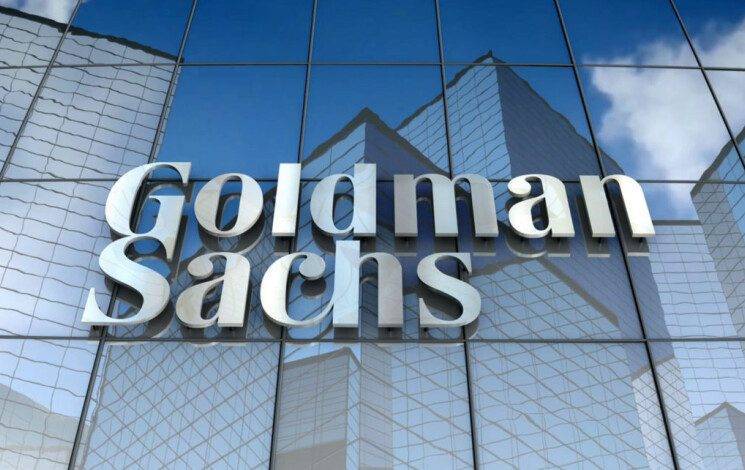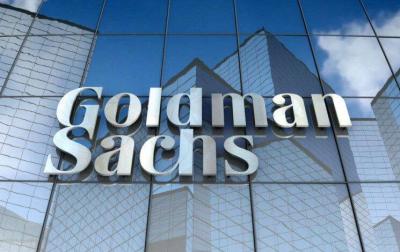The American investment bank Goldman Sachs has revealed that economic indicators in Lebanon show some signs of stability, despite the current economic and political challenges facing the country. The bank stated in a report that the stabilization of the currency following its devaluation and the unification of the exchange rate last year has helped ease domestic inflationary pressures, as the Consumer Price Index fell to 70% year-on-year in March, down from a peak of 270% year-on-year a year ago, according to the Arab World News Agency (AWP) on Wednesday.
Additionally, the devaluation of the currency has also contributed to stimulating remittance flows from abroad, reducing imports, improving the balance of payments, and resulted in a slight increase in foreign currency reserves. However, it warned that the overall economic challenges remain significant, noting the continued negative impact of the war in Gaza on tourism flows, which have nearly declined by a third compared to pre-October levels.
Goldman Sachs believes that tensions along Lebanon's southern border with Israel are likely to remain high for the remainder of the year, with the risk of escalation still significant. The bank added that "traffic through the Port of Beirut remains limited, with container flow down by about a third compared to pre-explosion levels, which destroyed most of the port's infrastructure in 2020."
The bank also noted that progress towards finalizing a deal with the International Monetary Fund remains slow, despite two years having passed since an agreement was signed at the expert level that included several conditions, such as the approval of the Cabinet or Parliament on a strategy for restructuring banks and enacting enabling legislation, alongside auditing the largest 14 banks in the country.
It pointed out that local banks' losses, according to estimates from Lebanon's central bank, range between approximately $65 billion and $70 billion, which is about four times the GDP. Goldman Sachs stated that with no expectation of the government recapitalizing banks, the issue of how to distribute the losses among depositors, banks, and the government remains a politically contentious issue.
Furthermore, with the presidential vacancy lasting 18 months after Michel Aoun's term ended, finding a solution to Lebanon's debt default crisis remains elusive.




